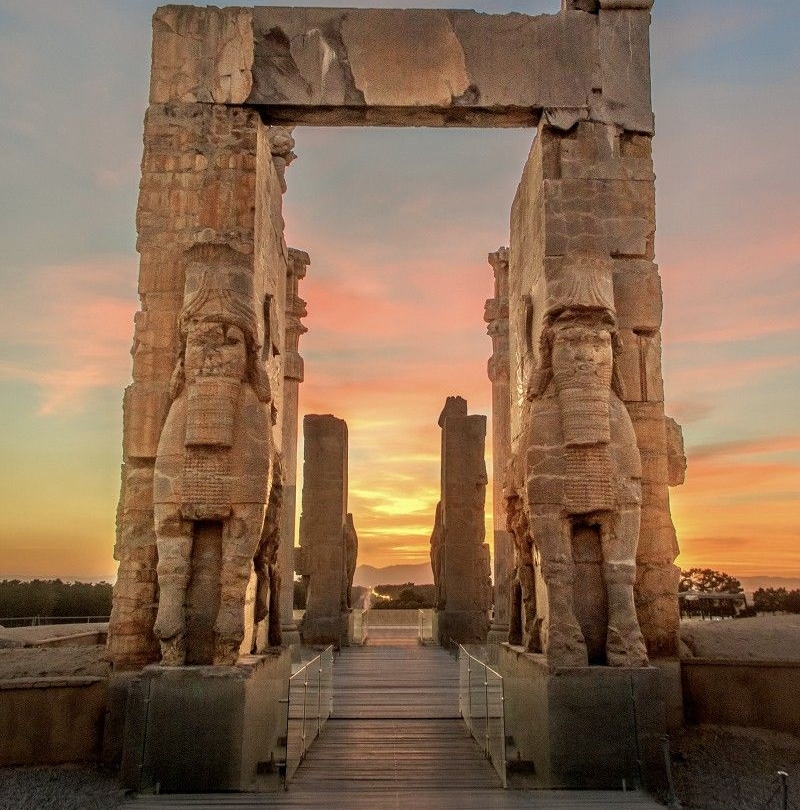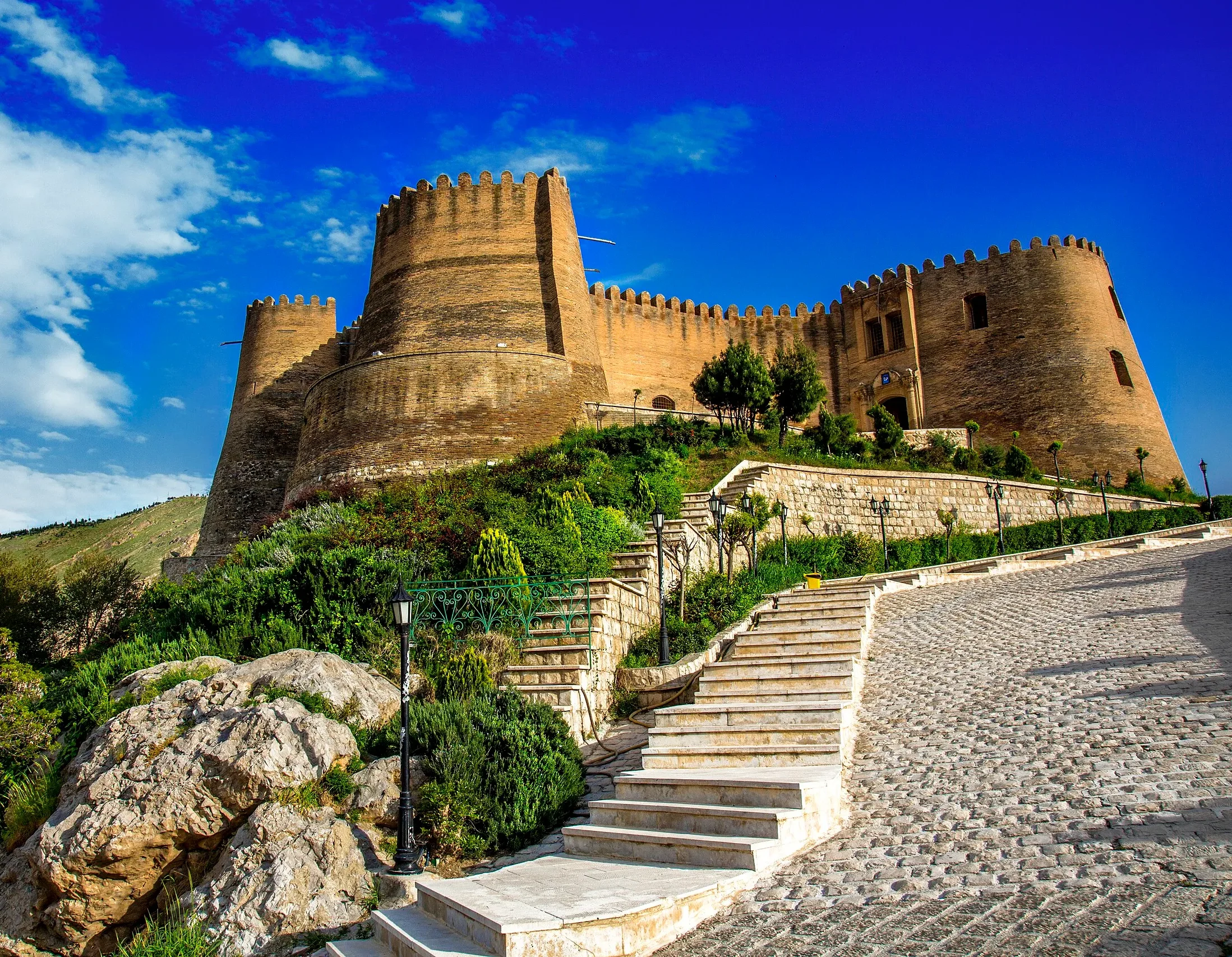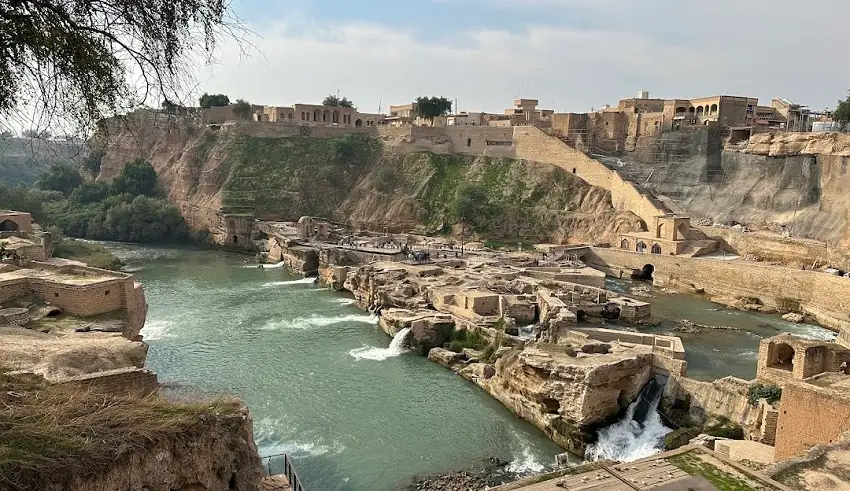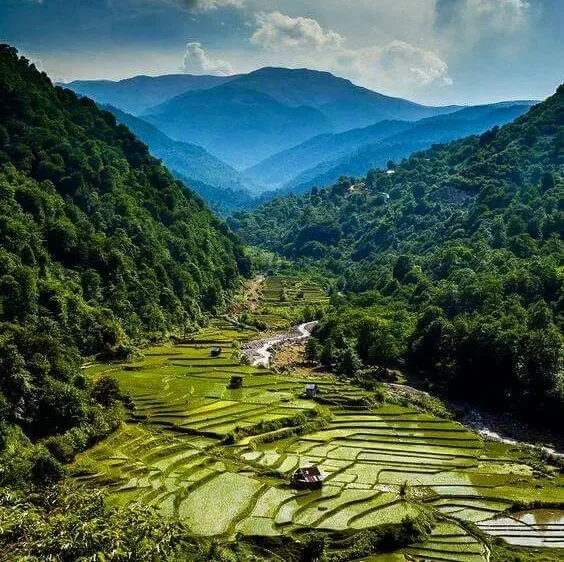Fars, the Beating Heart of Iranian Civilizatio

- maryam jafary
- 16 August 2025
- Iran
- 3 minutes
Discovering the Land of Secrets
Fars province isn’t just a spot on the map—it’s the soul of Persian identity. From the towering ruins of Persepolis, Iran, a UNESCO site, to the poetic gardens of Shiraz city of poets, this land carries both the grandeur of history and the warmth of living culture.
The Timeless History of Fars Province
Persepolis: Glory of the Achaemenid Empire
Few places in the world embody history like Persepolis history. Built by Darius the Great and expanded by Xerxes, its columns, reliefs, and gateways are considered masterpieces of ancient architecture. This UNESCO-protected site represents the height of Persian civilization and continues to attract travelers from across the globe who want to witness the grandeur of the Achaemenid Empire.

Pasargadae: The Tomb of Cyrus the Great
Not far from Persepolis lies Pasargadae, Iran, the first capital of the Achaemenid dynasty. Here rests the tomb of Cyrus the Great—a monument known for its simplicity yet profound symbolism. Many travelers see this site as more than history; it’s a spiritual landmark reflecting the roots of Persian culture.

Naqsh-e Rustam: Tombs Etched in Stone
North of Persepolis is Naqsh-e Rustam, where the tombs of Persian kings are carved into cliffs. The monumental reliefs illustrate royal ceremonies and battles, while the enigmatic Ka’ba-ye Zartosht nearby continues to intrigue historians. Together, these sites paint a vivid picture of Iran’s imperial legacy.

Shiraz: The Cultural Jewel of Iran
Shiraz – The City of Poets
Known as the Shiraz city of poets, the capital of Fars is where literature and philosophy breathe. The Hafez Tomb in Shiraz is a place where Iranians recite poetry, reflect, and find inspiration in the words of the beloved poet. Similarly, the Saadi Tomb in Shiraz honors another Persian literary giant whose wisdom on humanity and ethics has transcended centuries.

Shiraz, Iran Culture and Handicrafts
Shiraz isn’t only about poetry—it’s also about art. Its vibrant bazaars are filled with Shiraz handicrafts, including silverwork, inlay (khatamkari), and delicate wood carvings. But it’s the Persian carpets of Shiraz that are most sought after, woven with intricate patterns and natural dyes that tell stories of nomadic and urban life. Today, these carpets are treasured globally, and thanks to platforms like Persis Collection, anyone can own an authentic piece of Shiraz artistry with guaranteed worldwide delivery.

The Flavors, Lifestyle, and Souvenirs of Fars
Traditional Food
Food is an essential part of Shiraz, Iran culture. Each dish tells a story of local ingredients and hospitality:
Kalam Polo Shirazi (cabbage rice with meatballs) – the city’s signature dish
Do Piazeh Aloo – a rustic potato and onion stew
Kufteh Holu (peach meatballs) and Kufteh Sabzi (herb meatballs) – creative Shirazi specialties
For dessert, Shirazi Faloodeh with rosewater and lime is world-renowned, refreshing travelers after a day of exploration. Other delights include Masghati-e Lari, Ranginak, and Halva-ye Kaseh, each rooted in tradition.

Handicrafts and Treasures from Fars
Beyond its cuisine, Fars offers treasures woven and crafted with love. Persian carpets from Shiraz remain the most prestigious, prized not only for their quality but for the heritage behind each knot. Alongside carpets, Qashqai kilims, silver jewelry, wood carvings, and khatamkari are staples of Shiraz handicrafts.
For souvenirs, no traveler leaves empty-handed: Estahban figs, pomegranates, pickles, herbal distillates, and orange blossom essence are among the local gems. Sweet delicacies like Koloucheh Shirazi, Masghati, and Haji Badam also carry the unforgettable taste of Shiraz back home.
Nature, Stones, and Beyond
While culture and food define Fars, its natural beauty is equally mesmerizing. Maharloo Lake, with its pink waters, resembles a surreal painting, while Tang-e Bostanak offers refreshing springs amid oak forests. The province is also a leading producer of decorative stones, especially marble and crystalline varieties, exported worldwide.
Conclusion
Fars is not just a province—it’s the beating heart of Iranian civilization. From the majesty of Persepolis, Iran, and Pasargadae to the lyrical beauty of Shiraz, Iran tourism, this land offers endless layers of history, culture, and artistry. Whether you’re admiring Shiraz handicrafts, savoring Shiraz traditional food, or walking through the tranquil gardens of Shiraz, every moment here deepens your connection to Persian heritage.









Comments